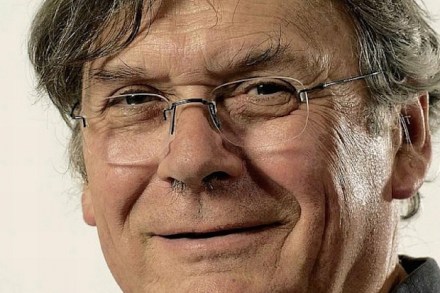The green house effect
I write this half-naked, sucking on ice cubes, breaking off sentences to stick my head in the fridge. In the flat below, one neighbour dangles out of her window, trying to reach fresh air, while another keeps having to go to hospital because the heat exacerbates a life-threatening heart condition. We live in a beautiful new development on the banks of the Thames. Fancy pamphlets in our lobby boast of our building’s energy efficiency. In winter, we bask in a balmy 24ºC, without having used the radiators in two years. The insulation in the walls is super-thick; our energy bills are super-low. But from spring to autumn, whatever the weather,





















